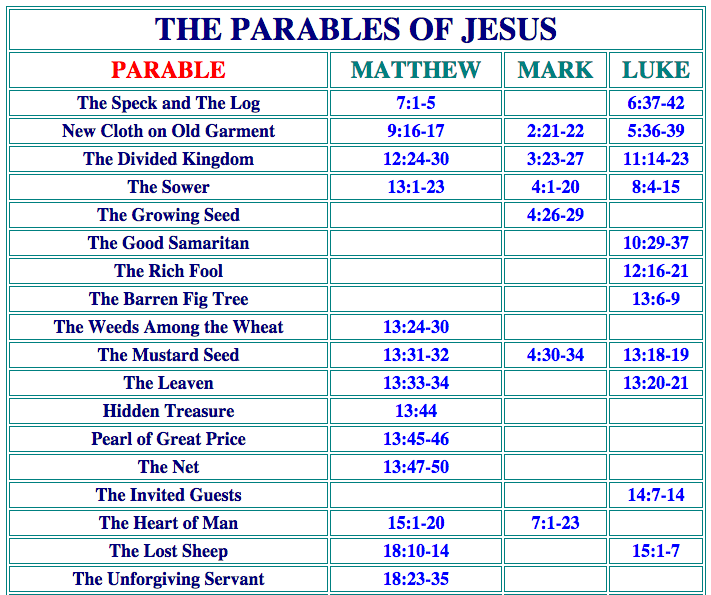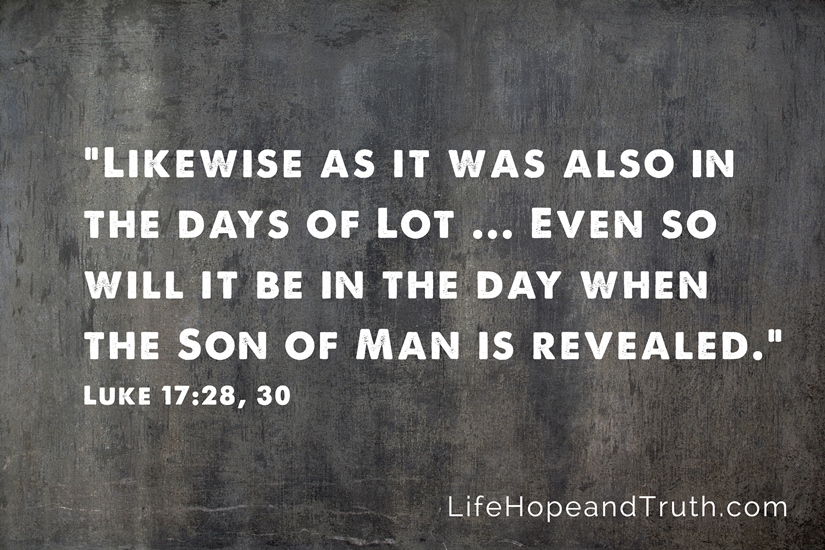Where Does It Talk About Tattoos In The Bible
Where Does It Talk About Tattoos In The Bible
There are some things in the Bible that Christians have long thought were clear—like that God prohibits tattoos. After all, Leviticus 19:28 says: “You shall not make any cuts on your body for the dead or tattoo yourselves: I am the Lord.”
But is this really what it means? Let’s take a closer look at this verse and at other translations of it to see if we can figure out whether God really does prohibit tattoos.
Leviticus 19:28 forbids tattoos.
Leviticus 19:28 says that you should not tattoo your body. It’s a commandment from God, it’s in the Bible in Leviticus 19:28 and it is a prohibition.
It forbids marking the skin with any sort of permanent ink by stating that, “You shall not make any cuts on your body for the dead or tattoo yourselves: I am the Lord.”
Leviticus 19:28 prohibits tattoos, cutting the skin, and marking it in any way. It reads: “You shall not make any cuts on your body for the dead or tattoo yourselves: I am the Lord.” This verse is part of a larger section that instructs people to avoid making marks on their bodies, whether it be through tattoos or cutting themselves as an offering to another god.
The word “tattoo” comes from Tahitian tatau which means “to strike” or “to tap.” The concept of tattooing has been around since at least 6,000 BC when a mummified corpse was found with ink markings under its skin dating back more than 5,000 years ago!
One Christian blogger has pointed out that one translation of the verse would be better translated as, “Do not cut your bodies for the dead or put tattoo marks on yourselves. I am the Lord.”
One Christian blogger has pointed out that one translation of the verse would be better translated as, “Do not cut your bodies for the dead or put tattoo marks on yourselves. I am the Lord.”
Tattoos are often used by some people as a way to honor someone who has passed away, and this is why Leviticus 19:28-29 forbids it. “You shall not make any cuts in your body for the dead or tattoo yourselves; I am the LORD,” says Leviticus 19:28-29 (NCV). The NIV translates it as: “Do not cut yourselves.”
However, another translation of this passage reads, “Do not make cuts in your flesh for a person who died.” Some argue that if you were to cut yourself in mourning for someone who had passed away then you would be disobeying God’s command against cutting yourself. But most scholars believe this prohibition was meant primarily for specific instances such as when someone got tattoos as part of mourning practices around death and/or various rituals associated with death (see Deuteronomy 14:1-2).
This would change the direction of the verse from a general prohibition about tattoos to one about mourning rituals in which people cut their skin or tattooed themselves to mourn a death.
A tattoo that’s a permanent mark on your skin. A tattoo is usually made by injecting ink into the layers of the skin to change its color.
Tattoos are forbidden in Leviticus 19:28, which states, “You shall not make any cuts on your body for the dead or put tattoo marks on yourselves; I am Yahweh.” This would change the direction of the verse from a general prohibition about tattoos to one about mourning rituals in which people cut their skin or tattooed themselves to mourn a death. However, there’s no need for this interpretation because we know that God wants us to be clean and not have tattoos (Leviticus 19:19).
Many different cultures use tattoos in different ways, but it’s never clear if these practices were inspired by Scripture—they may be based more on pagan culture than biblical teaching.
It’s also important to note that this verse is part of a much larger section that deals mainly with laws about living in community with other people and having compassion for them.
It’s also important to note that this verse is part of a much larger section that deals mainly with laws about living in community with other people and having compassion for them. Leviticus 19:28 is not the only verse in the Bible that deals with tattoos, but it does have some important implications for Christians who want to know what God wants them to do about their own tattoos.
Now that you know where Leviticus 19:28 comes from and what it says, let’s look at how Christians should apply this verse to their lives today.
One translation of Leviticus 19:28 would make it appear that God prohibits marking your skin with ink as part of mourning rites, and not in general
Leviticus 19:28 reads, “Do not cut your bodies for the dead or put tattoo marks on yourselves. I am the Lord.”
The King James Version of this passage translates that last sentence as “Ye shall not make any cuttings in your flesh for the dead, nor print any marks upon you: I am the LORD.”
However, this is an inaccurate translation. The Hebrew word for “cuttings” does not appear in our modern Bibles at all; rather, it’s a mistranslation of two different words that are used together to describe a specific form of mourning rite involving tattooing oneself with simple dashes or dots (like those seen here).
This form of mourning was practiced by some ancient tribes in Egypt and Mesopotamia; however, it was considered pagan and therefore forbidden by God. In fact, this prohibition against marking oneself with ink was so important that one translation says that disobeying it will result in being cut off from Israel’s people forever!
The Bible is a complex book that contains many contradictions and errors, but it also offers valuable wisdom. The key to reading it is not looking for absolute answers in every passage but instead finding guidance on how to live a good life.








